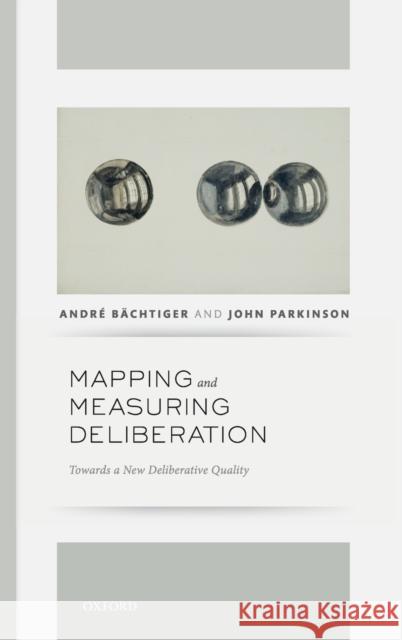Mapping and Measuring Deliberation: Towards a New Deliberative Quality » książka
topmenu
Mapping and Measuring Deliberation: Towards a New Deliberative Quality
ISBN-13: 9780199672196 / Angielski / Twarda / 2019 / 208 str.
Kategorie BISAC:
Wydawca:
Oxford University Press, USA
Język:
Angielski
ISBN-13:
9780199672196
Rok wydania:
2019
Ilość stron:
208
Waga:
0.47 kg
Wymiary:
23.62 x 15.75 x 2.03
Oprawa:
Twarda
Wolumenów:
01
Dodatkowe informacje:
Bibliografia











